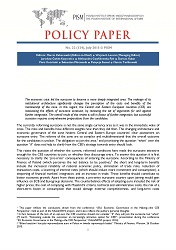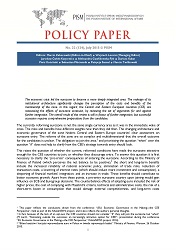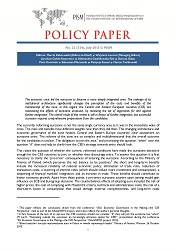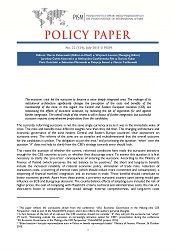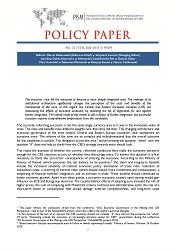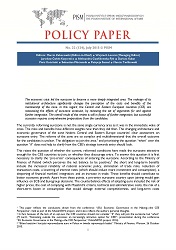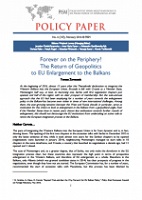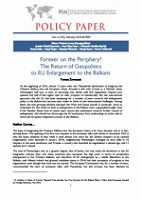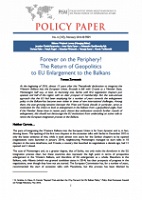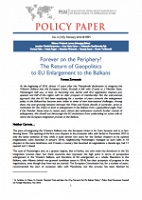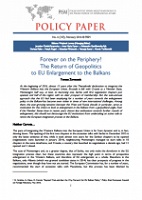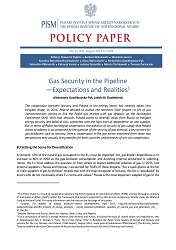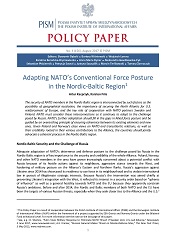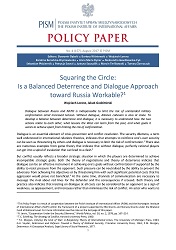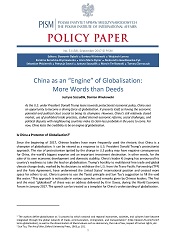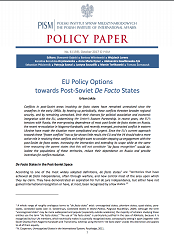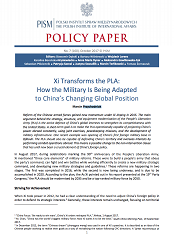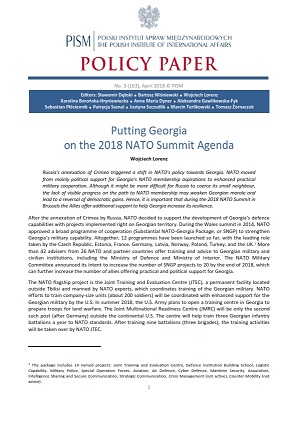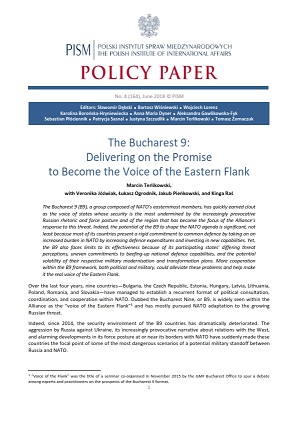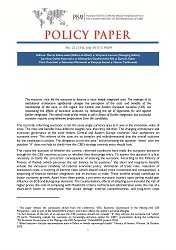
№154: Common Monetary Policy, Different Fiscal Policy: How Will Europe React to Crises in the Future? An Analysis Looking at Germany, France and Poland as Examples
№154: Common Monetary Policy, Different Fiscal Policy: How Will Europe React to Crises in the Future? An Analysis Looking at Germany, France and Poland as Examples
Keywords: Europe; Finances; France; Germany; Poland
There is consensus across all ideological boundaries that the eurozone is imperfect as an institution.2 Thecommon monetary policy, in combination with national scope in fiscal policymaking and a non-optimalcurrency area has painfully exposed its weaknesses, not only in relation to the dramatic developments inGreece but also in the shape of the slow recovery of the European economy. While countries such asGermany have emerged fortified from the crisis, France’s growth, for instance, continues to weaken—despite an annual budget deficit of 3%. Within Europe, opinions differ as to which fiscal policy will best pave the way out of the crisis. While Germany publicises its healthy finances in the form of low levels of debt and minimal inflation,4countriessuch as France view expansionary fiscal policy as a crucial factor for future growth. The Stability and GrowthPact provides a framework for fiscal policy, although differences of opinion are evident when it comes to itsimplementation and compliance with the rules. In Germany in particular, the recent relaxed handling ofviolations of the signed rule set was criticised.
More...
